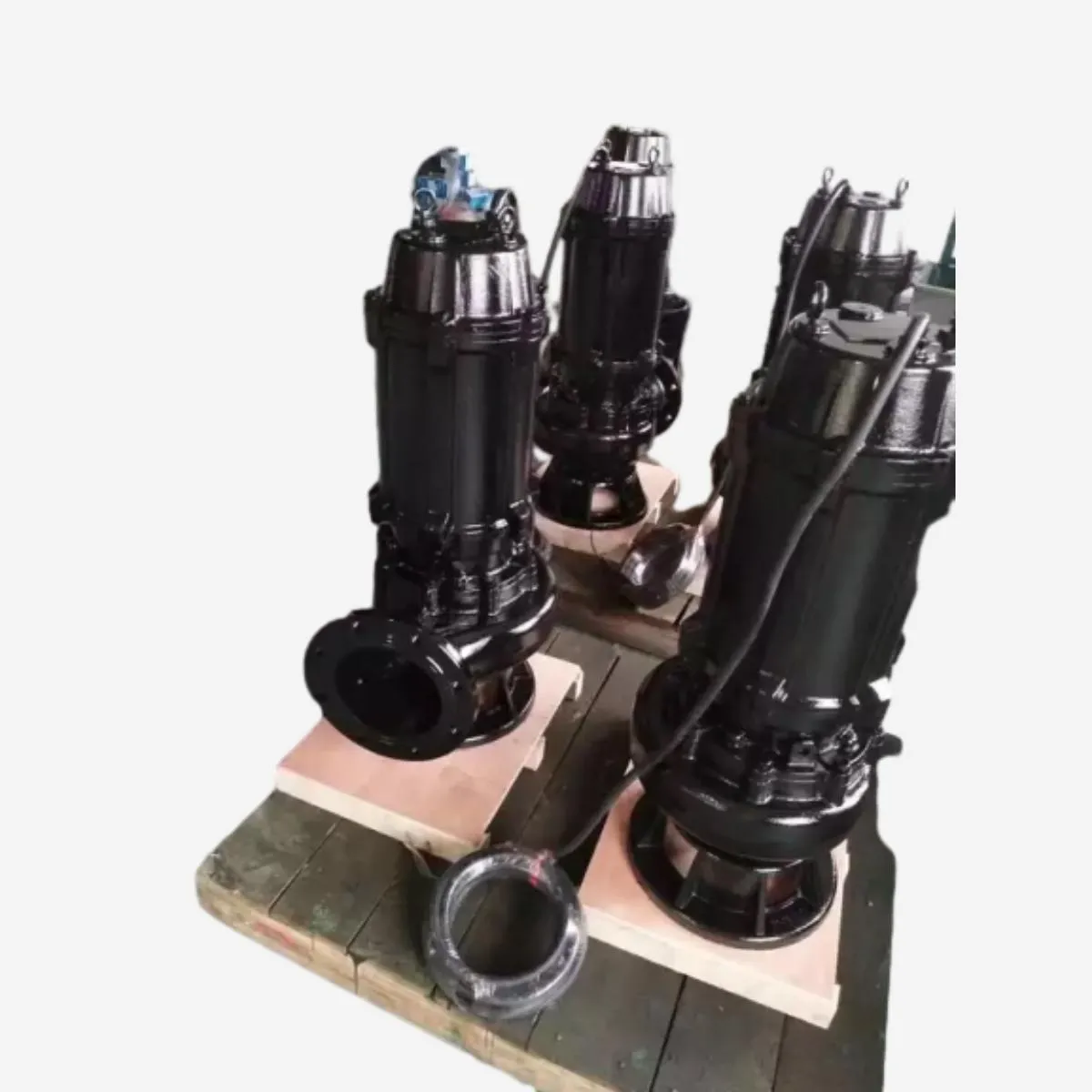Macedonian
- Afrikaans
- Albanian
- Amharic
- Arabic
- Armenian
- Azerbaijani
- Basque
- Belarusian
- Bengali
- Bosnian
- Bulgarian
- Catalan
- Cebuano
- Corsican
- Croatian
- Czech
- Danish
- Dutch
- English
- Esperanto
- Estonian
- Finnish
- French
- Frisian
- Galician
- Georgian
- German
- Greek
- Gujarati
- Haitian Creole
- hausa
- hawaiian
- Hebrew
- Hindi
- Miao
- Hungarian
- Icelandic
- igbo
- Indonesian
- irish
- Italian
- Japanese
- Javanese
- Kannada
- kazakh
- Khmer
- Rwandese
- Korean
- Kurdish
- Kyrgyz
- Lao
- Latin
- Latvian
- Lithuanian
- Luxembourgish
- Macedonian
- Malgashi
- Malay
- Malayalam
- Maltese
- Maori
- Marathi
- Mongolian
- Myanmar
- Nepali
- Norwegian
- Norwegian
- Occitan
- Pashto
- Persian
- Polish
- Portuguese
- Punjabi
- Romanian
- Russian
- Samoan
- Scottish Gaelic
- Serbian
- Sesotho
- Shona
- Sindhi
- Sinhala
- Slovak
- Slovenian
- Somali
- Spanish
- Sundanese
- Swahili
- Swedish
- Tagalog
- Tajik
- Tamil
- Tatar
- Telugu
- Thai
- Turkish
- Turkmen
- Ukrainian
- Urdu
- Uighur
- Uzbek
- Vietnamese
- Welsh
- Bantu
- Yiddish
- Yoruba
- Zulu
Telephone: +86 13120555503
Email: frank@cypump.com
Јул . 27, 2024 11:41 Back to list
Understanding the Importance and Functionality of Sewage Treatment Pumps in Wastewater Management
Understanding Sewage Treatment Pumps Essential Components of Wastewater Management
Sewage treatment pumps play a crucial role in the efficient management of wastewater systems. As urban populations grow and industrial activities intensify, the demand for effective sewage treatment becomes increasingly critical. These pumps ensure the continuous movement of wastewater from its source to treatment facilities, where harmful pollutants can be removed, and water can be treated for safe discharge or reuse.
The Role of Sewage Treatment Pumps
At its core, a sewage treatment pump is designed to handle the transportation of wastewater containing solid waste, liquids, and various contaminants. Their primary function is to move sewage from a lower elevation to a higher elevation or to push it through pipelines that may include obstacles or bends. This is particularly important in areas where natural gravity flow isn't sufficient.
There are various types of pumps used in sewage treatment, including submersible pumps, centrifugal pumps, and diaphragm pumps. Submersible pumps are often placed directly in the sewage, making them an ideal choice for handling large volumes of wastewater while preventing flooding. Centrifugal pumps, on the other hand, can handle high flow rates and pressure, making them suitable for larger-scale operations. Each type has its unique benefits and applications, allowing for a tailored approach to meet specific sewage management needs.
Key Features of Sewage Treatment Pumps
Sewage treatment pumps are engineered to withstand harsh conditions. They are constructed from durable materials that resist corrosion, abrasion, and wear caused by the solid waste and chemicals they frequently come into contact with. Additionally, many pumps feature clog-resistant designs to minimize maintenance and reduce downtime, which is vital for uninterrupted sewage transport.
sewage treatment pump

Another important feature is the ability to handle varying flow rates. As sewage inflow can fluctuate significantly depending on time of day and weather conditions, pumps are often fitted with adjustable controls to maintain optimal performance regardless of these variations.
Importance of Maintenance
While sewage treatment pumps are built to be resilient, regular maintenance is crucial for ensuring longevity and reliability. Routine inspections, cleaning, and part replacements can prevent breakdowns that may lead to sewage overflows or environmental hazards. Operators must monitor the pump's performance, check for unusual vibrations or noises, and regularly evaluate the seals and electrical components to ensure safe and efficient operation.
Environmental Considerations
The importance of sewage treatment pumps extends beyond just wastewater management; they also play a vital role in protecting public health and the environment. By effectively transporting sewage to treatment facilities, these pumps help to prevent contamination of water bodies, which can have devastating effects on ecosystems and human health. Moreover, advanced treatment processes can lead to the recycling of water, contributing to sustainability initiatives and reducing the overall strain on natural water resources.
Conclusion
In conclusion, sewage treatment pumps are indispensable components of modern wastewater management systems. Their ability to efficiently move sewage ensures that treatment processes can occur without interruption, thereby protecting both public health and the environment. As technology continues to evolve, the design and functionality of these pumps will likely improve, leading to more efficient and sustainable wastewater management practices. By investing in quality pumps and prioritizing regular maintenance, municipalities and industries can ensure the longevity and effectiveness of their wastewater treatment operations, paving the way for a cleaner and healthier future.
-
Custom Drilling Mud and Slurry Pump Supplier - High Efficiency, Tailored Solutions
NewsJun.10,2025
-
Supply Vertical Submersible Sewage Pump High-Efficiency WQ/QW Pumps Supplier
NewsJun.10,2025
-
Premium Sewage Ejection System & Pumps Efficient Waste Removal
NewsJun.09,2025
-
Premium Wholesale Slurry Pump Impellers Durable & Efficient Slurry Handling
NewsJun.09,2025
-
Top Sewage Pump Companies Durable Industrial Solutions for Efficiency
NewsJun.09,2025
-
Heavy Duty Slurry Pumps - OEM High Performance & Bulk Wholesale
NewsJun.09,2025










